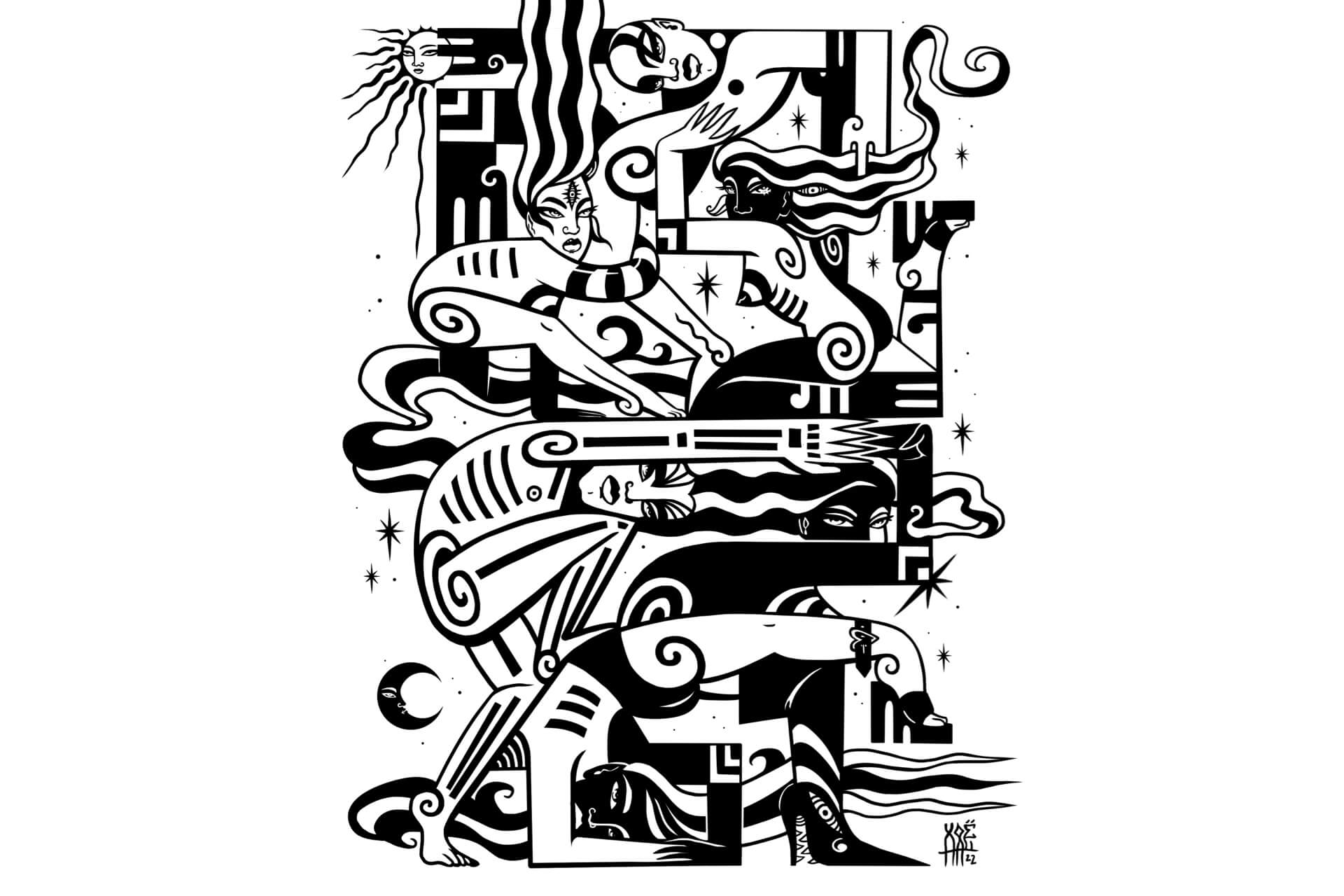Oct 6, 2022 Society
Sometimes I like to imagine what it might be like to wake up in a world where constitutional transformation had already happened, where tikanga Māori is once again upheld throughout the land, and where we are restored as the ultimate authors of our own destinies, rangatira over our own whenua, wai and whānau. In this alternative reality, what kind of leaders would we be?
Colonialism has embedded racist ideas across every level of society and all spheres of government. Decolonising, then, demands anti-racism. But while many of us assume we already know what we need to do, the realities of confronting racism are complex. How will we, as self-determining rangatira, respond to issues like immigration, political asylum, foreign policy and trade — which take place within a larger, racist international context — without mimicking the racism of our colonial oppressors?
This challenge demands that we critically examine the way colonisation has implanted behaviours and ideas which impede our rangatiratanga, and acknowledge that there is simply no way to critically examine our own colonial oppression without considering the issue of race.
In order to do this work we must appreciate the difference between race and ethnicity. Ethnicity (such as Māori, Sāmoan, French) is a combination of factors that shape how you see the world. It differs from, say, whiteness, which is not an ethnicity but a racial category. It is how the world sees you. And how the world sees you comes with costs and benefits which we must openly confront.
This is a sensitive and complex matter for us as Māori. We are used to viewing race discussions as black versus white, Māori versus Pākehā, but beneath these binaries exists a complex web of behaviours, including internalised racism (being racist towards ourselves) and lateral racism (being racist towards other racialised minorities).
One common issue is that those of us with European skin colour, hair colour, features and names are treated by the world as Pākehā in spite of our whakapapa Māori. This impacts us as Māori in two ways: first, Māori who have fair skin sometimes experience exclusion; second, and conversely, Māori who have fair skin acquire certain privileges in the wider world.
It’s important to acknowledge the harm experienced by Māori who are excluded because of their fair skin. Many Māori feel not brown enough for te ao Māori, while still experiencing colonial oppression. To feel rejection from your own world because of your white features is a kind of anti-whiteness visited upon Māori that compounds the mamae of colonial oppression and can contribute to internalised racism. Of course, the colour of your skin does not determine how Māori you are — you are Māori by virtue of your whakapapa and that is all.
But the colour of your skin can and does determine many other things. It can determine whether a taxi driver will pick you up, whether you get shortlisted for a job, whether an Airbnb host accepts your online booking, whether a bouncer lets you into a club, whether a security officer follows you through the store, or whether a police officer pulls you over. Others may make judgements on you in complete ignorance of your Indigenous lineage. The everyday microaggressions escaped by light-skinned people in this world are impossible to list and count.
Perversely, confronting this issue can become complicated when Māori kiritea (fair-skinned Māori) take great offence at their whiteness being raised because it can trigger the trauma of not belonging, which they feel erases and disrespects their whakapapa. There are often deeper waters running here — it’s not just about unnecessary defence of whakapapa Māori, but also about whakamā of our taha Pākehā (our Pākehā side) because of everything that being Pākehā has come to represent.
This behaviour hinders us in many ways. In erasing our whiteness, we evade responsibility for confronting the power dynamics at play in our engagements with racialised minorities, and we minimise our ability to regulate those dynamics. In creating exceptions for ourselves, we miss opportunities for critical examination that could lead to intellectual, personal, emotional and communal growth. In refusing whiteness, we undermine our integrity in discussions on race, and our ability to call upon others to reckon with their racial privilege. Importantly, when you revile your own whiteness, you abuse yourself as a whole mokopuna, complete in your whakapapa and loved just as you are. Evading whiteness hurts different people differently but it has a distinct, silencing, gaslighting and frustrating effect for dark-skinned people.
So anti-whiteness is, in many ways, anti-black as well. And anti-Pākehā can very easily turn into anti-Māori.
There is a lot of work to do — not only for Māori kiritea, but for all of te ao Māori. While Pākehā receive the bulk of anti-racism attention, we as Māori too oft en evade these conversations. Reckoning with racism in our own communities is crucial to our integrity in anti-racism discussions, and necessary for standing in true solidarity with other racialised groups and racial justice movements. Without this reckoning, we will continue to exercise lateral racism and entitlement. We will simply step into our oppressors’ shoes, rather than stepping into political self-determination and the fullest potential of tino rangatiratanga.
–
This feature was published in Metro 436.
Available here in pdf format.







